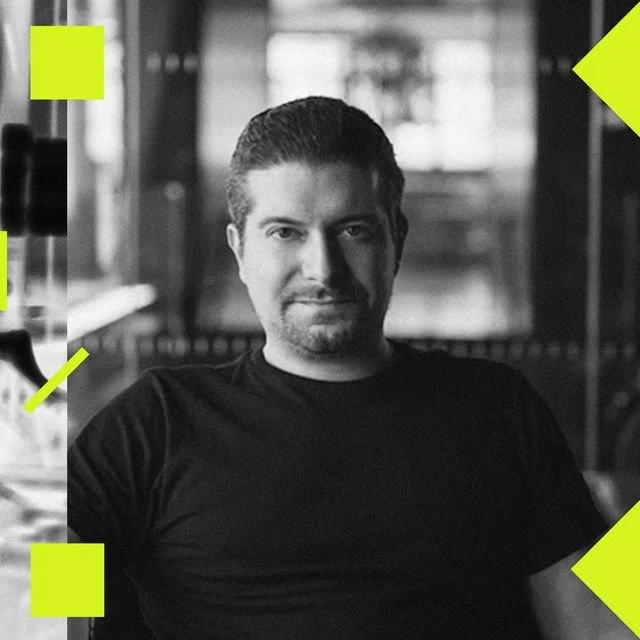Why should anyone make a website in 2024?
In February 2024, Super Bowl Sunday, we saw the Martin Scorsese Squarespace ad “Hello Down There.”
Reader, I built this personal website on Squarespace.
I am also a HUGE Martin Scorsese fan.
So I decided to research Squarespace a bit more.
Then post about Squarespace, on my Squarespace site.
In June 2023, Squarespace closed a deal with Google for $180 million to become the fourth largest domain name registrar on the Internet.
Anthony Caselana, founder and CEO of Squarespace, founded the firm in his dorm room.
In July 2023, he spoke to Nilay Patel, host of Decoder by The Verge, He answered Nilay’s questions about why anyone would want to make a website in 2023.
These are 4 lessons I found in this podcast:
Build a platform or business that you own and can securely process transactions on.
Swallow entire businesses with great managers (the Berkshire Hathaway strategy).
What stays centralized? HR, Finance, Legal.
What can be decentralized? Like, everything else.
Photo illustration by Alex Parkin / The Verge
ANTHONY CASELANA (edited for clarity):
We celebrated our 20th anniversary in April. We’re used to a pre-social network phase, pre-YouTube, pre-iPhone. The predominant browser was Internet Explorer.
As browsers got more sophisticated, we transitioned into more and more graphically rich websites. A lot of portfolio websites and artist websites started on Squarespace about a decade ago.
Having a space that you own on the internet right now is almost more important than ever.
This is your online real estate. You have a domain you own. Squarespace doesn’t put anything on your domain or website that you’re not putting there. We don’t monetize through ads. And it’s a way to transact.
So a lot of what we’re focused on is just being the best place to go for a website in terms of ease of use and expressibility, but also really helping our customers make businesses, transact, and really being part of the future of entrepreneurship.
NILAY PATEL:
One of these days, I’m going to have a CEO tell me that they’ve decentralized HR, legal, and finance, and I think that might be the end of Decoder.
ANTHONY CASELANA:
That’s the end?
NILAY PATEL:
No one does it. It’s the one thing that everyone definitely centralized, but the difference is, where do you put design? Where do you put product? Where do you put marketing? And everyone seems to have very different opinions about this stuff.
ANTHONY CASELANA:
Well, there are examples of decentralized, all those things, and you just are called a “holding company.”
So actually, holding companies have brands where they don’t attempt to mix those at all. We do. Maybe there’s a size where that’s not appropriate. I’m not exactly informed of how Berkshire Hathaway works, but I think they wholly own those companies, and I think they got 50 people in their corporate office.
A few lessons I found in this podcast:
Build a platform or business that you own and can process transactions on (you, your firm, or your clients).
Berkshire: swallow entire businesses with great managers.
What stays centralized? HR, Finance, Legal.
What can be decentralized? Almost everything else.



